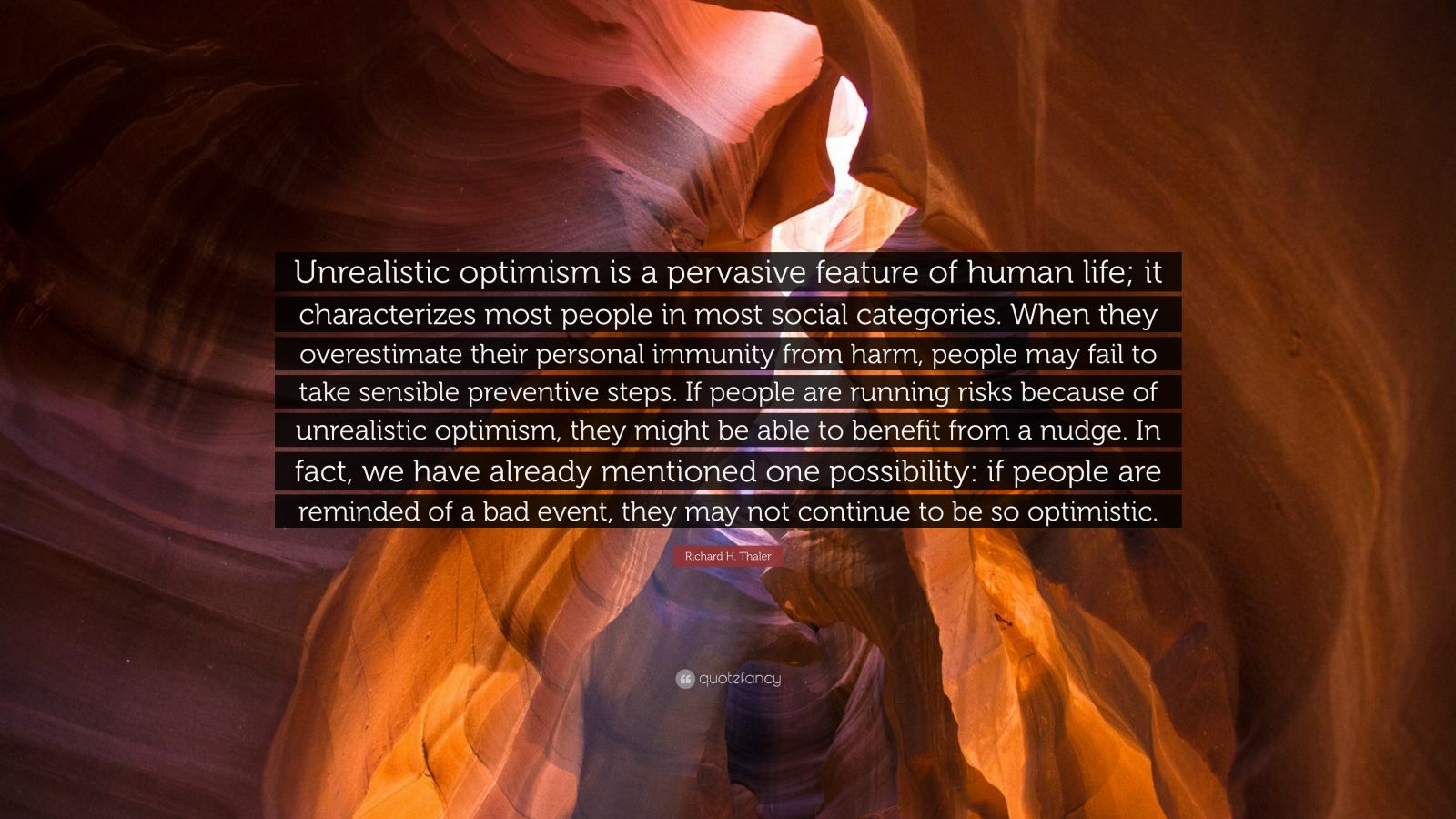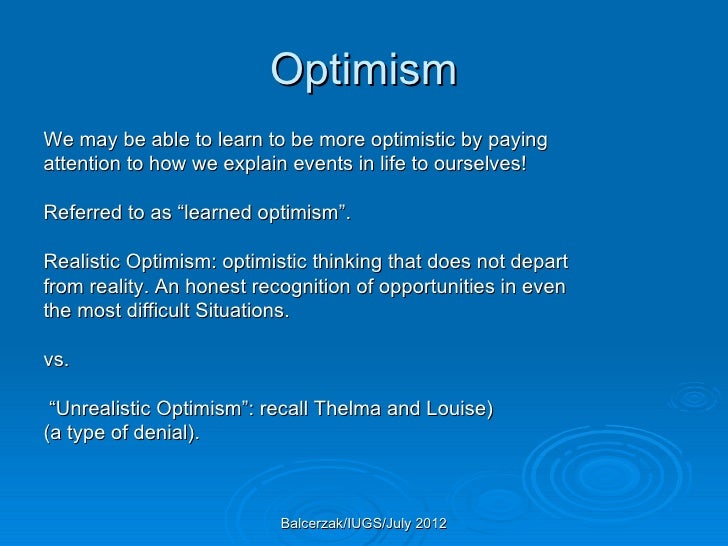
But for the first time we might be able to rigorously assess this in a prospective fashion,” Golde wrote (comments below).Īlzheimer’s researchers have tried before to quantify the least amount of cognitive change that is detectable and meaningful to patients. “I don’t think we have enough data to make firm conclusions. Todd Golde at the University of Florida, Gainesville, agreed. Why is clinical meaningfulness so hard to discern? “Meaningfulness is a multifaceted concept that necessarily involves the individual opinion of physicians, patients, and caregivers,” Nicolas Villain at Sorbonne University in Paris told Alzforum.

While AD clinical trials determine, statistically, if a treatment group declines more slowly than the placebo control group, they do not set out to determine the minimum difference that would be noticeable by a patient, caregiver, or physician. They also said the effects of disease-modifying treatments, which slow the rate of decline, have to be considered in the context of time, and stressed the need for outcome measures that better reflect what’s most important to the patient.

Scientists from academia, pharmaceutical companies, and healthcare analysis firms reached no consensus on a threshold for meaningfulness, but broadly agreed that meaningfulness should be determined for each patient, rather than based on mean differences between placebo and treated groups, which can wash out individual effects. The slight slowing of cognitive decline achieved by Leqembi and perhaps by Aduhelm has revived debate around how much change is needed to be “clinically meaningful.” Two recent papers-one a report from a working group convened by the Alzheimer’s Association, the other from scientists at Roche-and a webinar hosted by the advocacy group UsAgainstAlzheimer’s, dug into this topic.


 0 kommentar(er)
0 kommentar(er)
